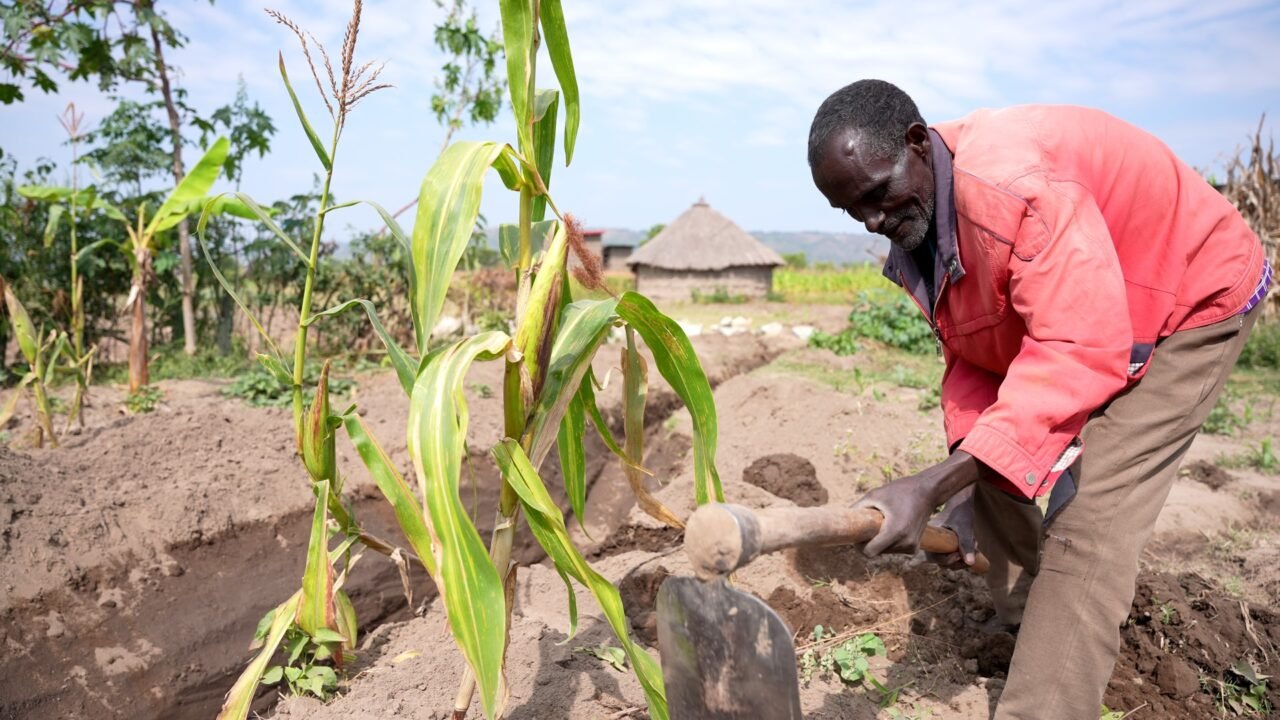Timely weather and climate updates improve maize and wheat yields in Ethiopia, study finds
By Benson Ltamely
Maize and wheat production in Ethiopia surged by 27 per cent and 17 per cent respectively when farmers had access to Weather and Climate Services (WCS) compared with the production of the two crops by farmers who had no access to WCS.
In a study carried out by International Growth Centre (IGC) and Accelerating the Impact of CGIAR Climate Research for Africa (AICCRA) and implemented in Eastern Africa by International Livestock Research Institute (ILRI), researchers found out that the 27 per cent and 17 per cent increase in maize and wheat production is comparable or higher than conventional yield-increasing technologies such as fertiliser and improved seeds.
This underscores the importance of access to timely weather and climate updates by farmers in order to build resilience and adapt to the impacts of climate change. The study also touted WCS and other agrometeorological data as crucial for the reduction in climate-related risks to farmers.
“Effective use of weather and climate services, integrated with agrometeorological advisories, can reduce climate risks to farming communities, and provide them with well-adapted guidance on the management of agro-climatic resources at the local level,” the study noted.
The study, undertaken in four of Ethiopia’s administrative regions namely: Amhara, Oromia, Tigray and Southern Nations Nationalities and Peoples, relied on data collected in 2013, 2015 and 2018. It, however, only analysed data on WCS collected in 2013 and 2018 focusing on four crop types namely: cereals, pulses, oilseeds and coffee.
The researchers further narrowed down their focus to four most important staple cereal crops, maize tef, wheat and sorghum. They observed an increase in productivity in maize and wheat despite a decrease in productivity for tef and sorghum.
“Access to tailored weather and climate services is found to lead to 27 % and 17 % productivity gains for maize and wheat, respectively,” the study observed.
Interestingly, the study further found that conventional productivity-enhancing inputs such as application of fertiliser led to a meagre eight per cent and 12 per cent productivity gains in maize and wheat respectively.



